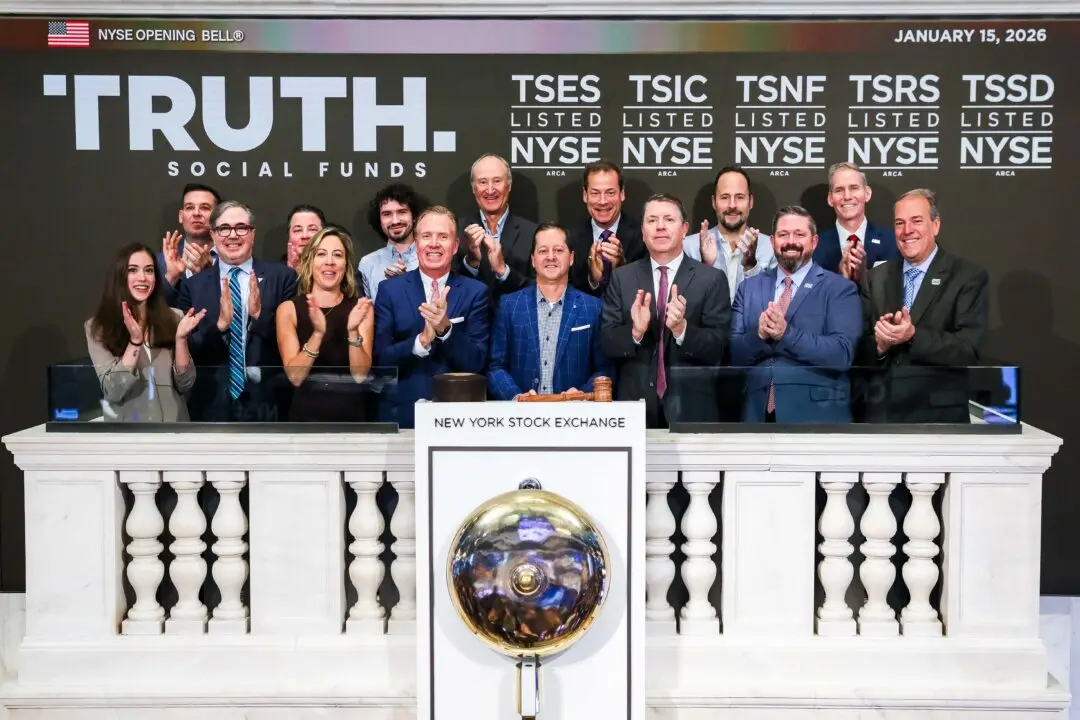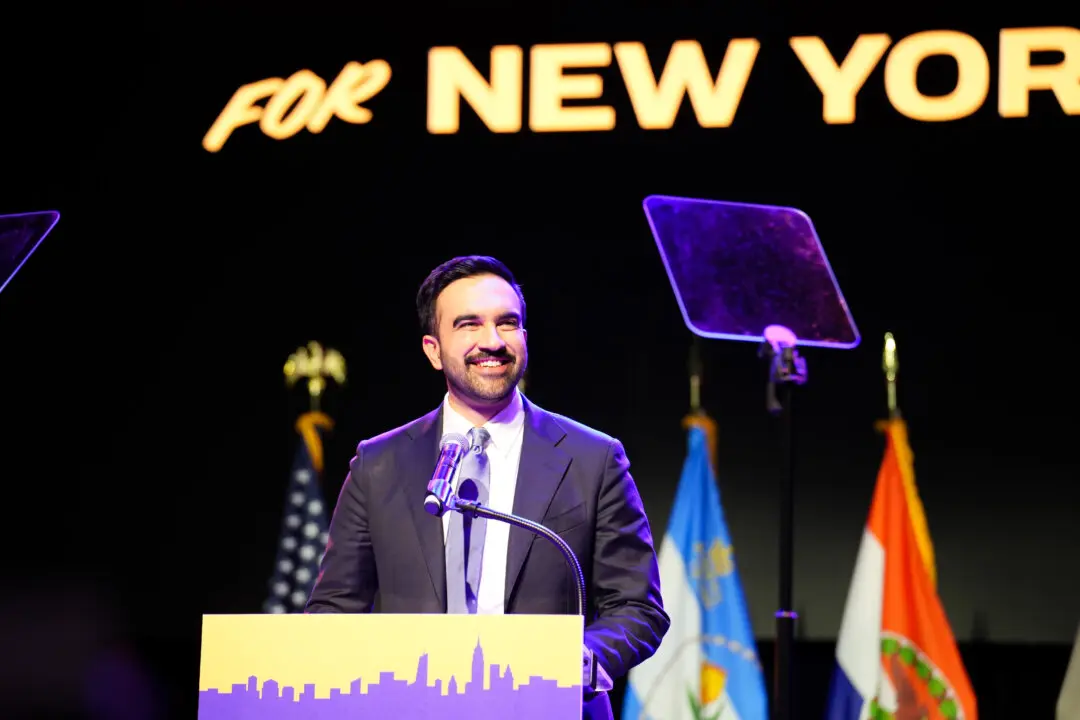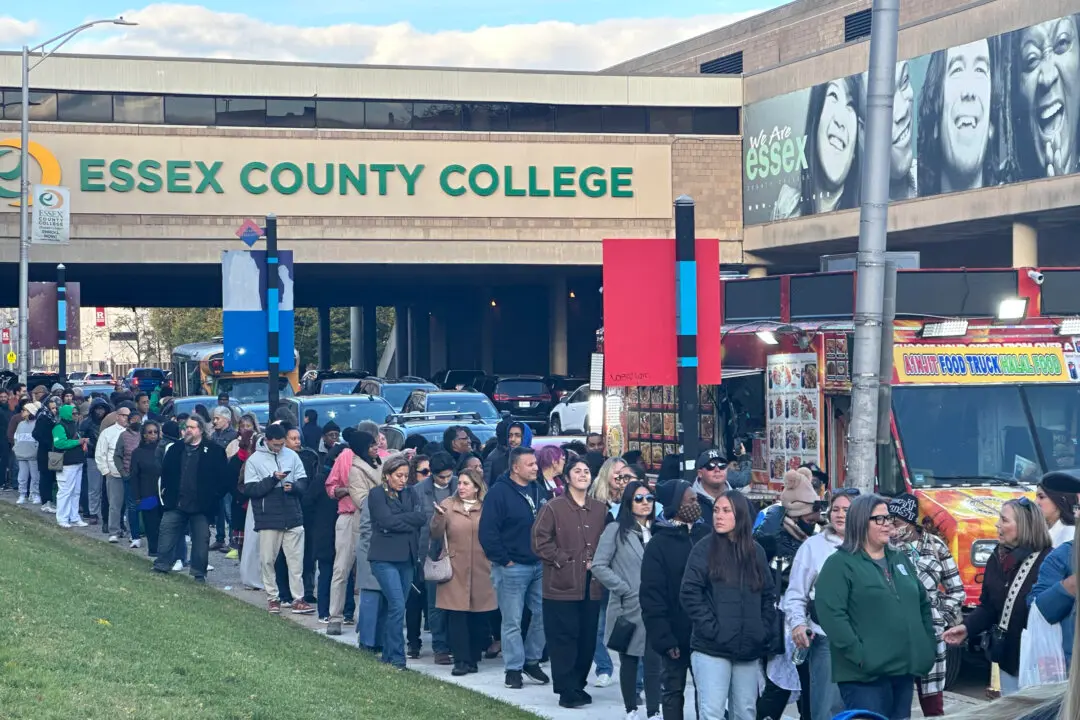There was a time in Selena Gomez’s life when the young actress and singer had a hard time making sense of her emotions, Gomez said, but once she received the support she needed, she realized she wasn’t alone.
“Mental health is personal for me,” Gomez, 32, states on her website. “I went a long time without the support I needed because I didn’t understand what I was feeling.”





